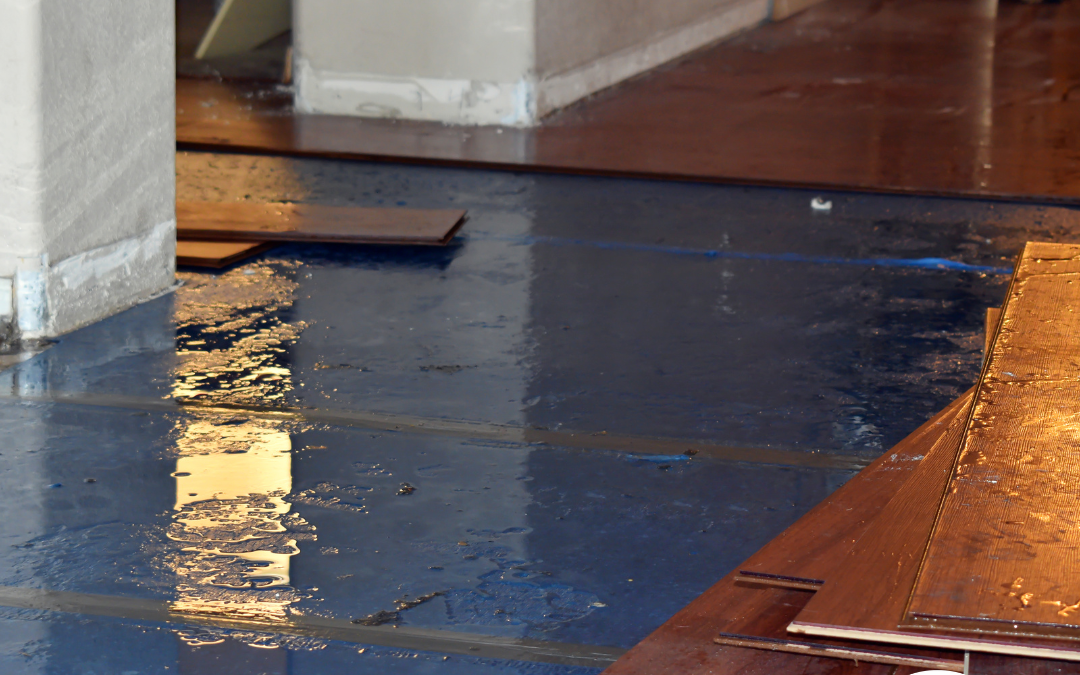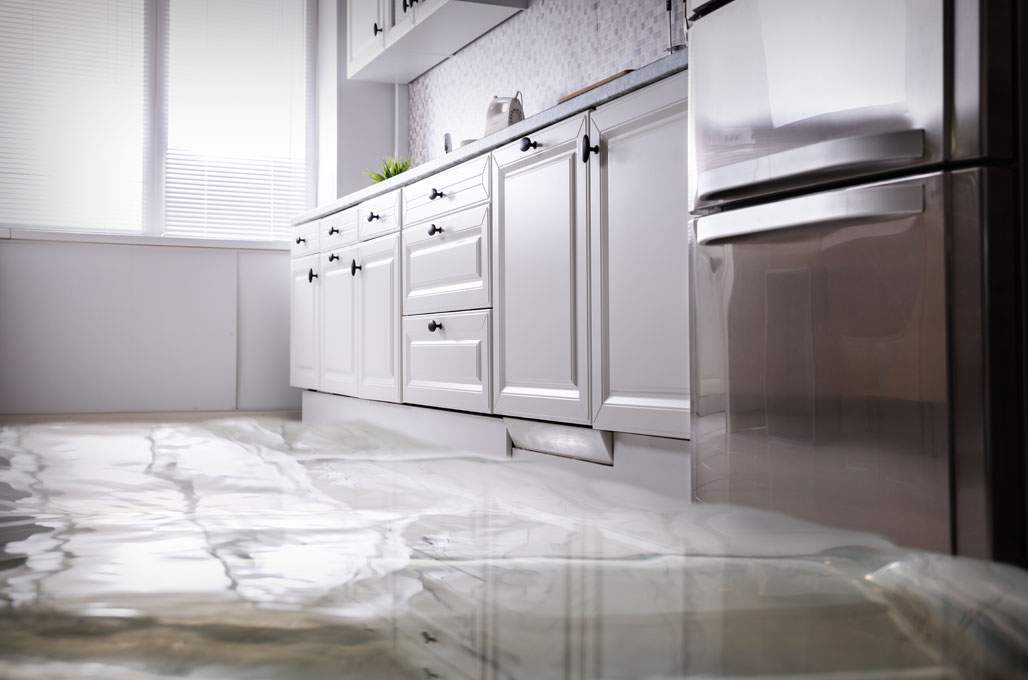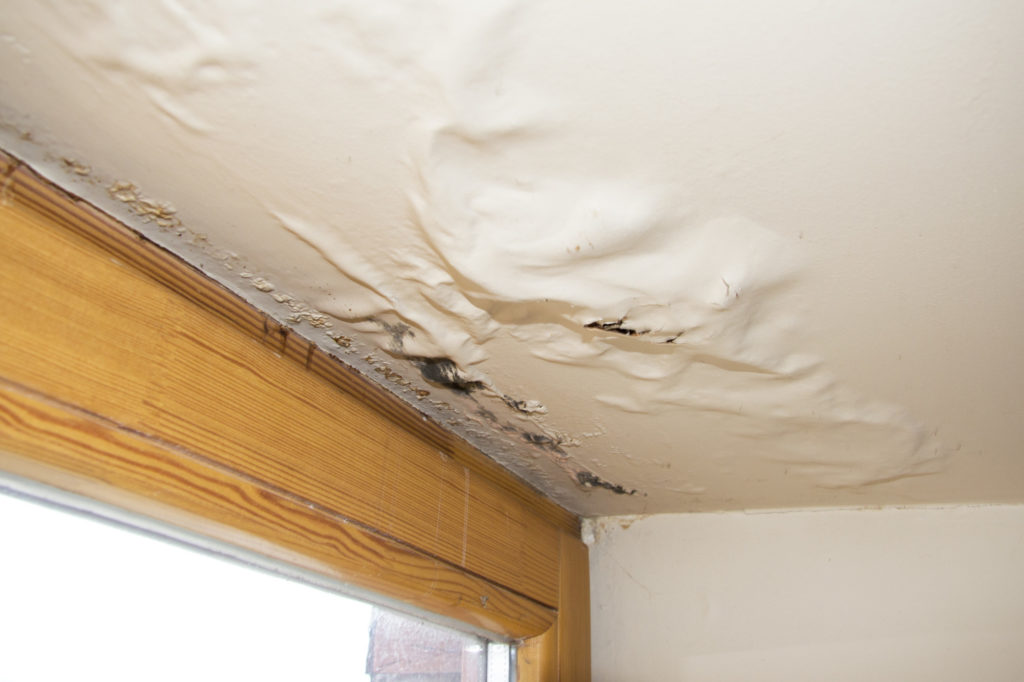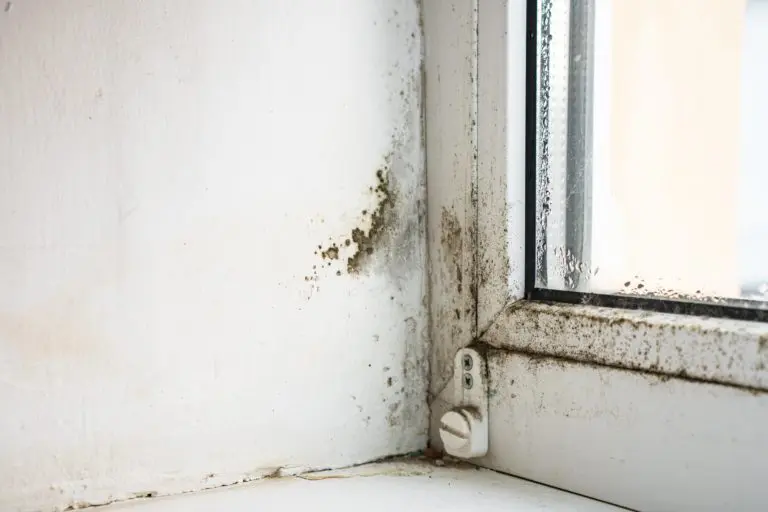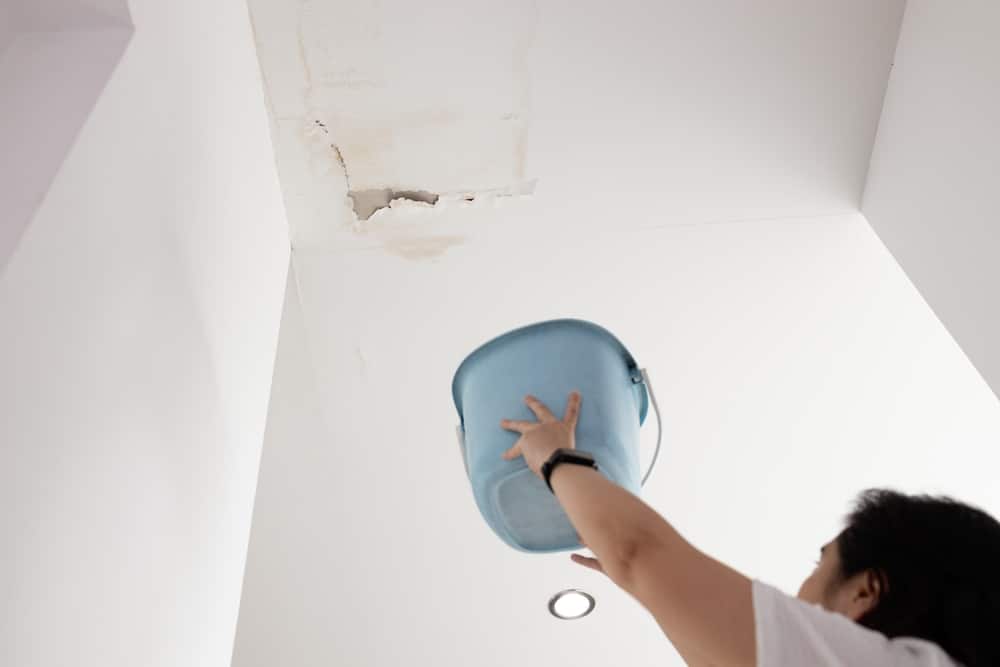In today’s technologically advanced world, water leak detection in smart rentals has become a crucial aspect of property management. As rental properties become smarter, the integration of cutting-edge technologies to prevent and manage water leaks is increasingly essential. This article explores the significance and methods of implementing water leak detection systems in smart rental properties, offering insights into how they contribute to efficient property management.

Why Water Leak Detection is Important in Smart Rentals
Water leaks can cause significant damage to rental properties, leading to costly repairs and tenant dissatisfaction. Early water leak detection helps in mitigating these risks by identifying potential issues before they escalate. In the context of smart maintenance, these systems provide real-time alerts, allowing property managers to address problems swiftly.
How Smart Technology Enhances Leak Detection
Smart technology plays a pivotal role in enhancing water leak detection capabilities. Advanced sensors and IoT devices can monitor water usage patterns and detect anomalies indicative of leaks. By integrating these technologies, property managers can ensure a proactive approach to maintenance, reducing the likelihood of extensive water damage.
Integrating IoT for Real-Time Monitoring
The Internet of Things (IoT) facilitates real-time monitoring of water systems in rental properties. By employing IoT-enabled sensors, property managers can receive instant notifications about potential leaks, enabling them to take immediate action. This level of responsiveness is crucial in maintaining the integrity of the property and ensuring tenant satisfaction.
Benefits of Early Water Leak Detection
Early detection of water leaks offers numerous benefits, including cost savings on repairs, prevention of water waste, and maintaining a property’s structural integrity. Additionally, it enhances tenant experience by minimizing disruptions caused by water-related issues.
Implementing Water Leak Detection Systems in Smart Rentals
Implementing effective water leak detection systems in smart rentals involves selecting the right technology and ensuring seamless integration with existing property management systems. Digital transformation in property management has made it easier for landlords and property managers to adopt these advanced solutions.
Choosing the Right Technology
When selecting a water leak detection system, it’s essential to consider factors such as the size of the property, budget, and specific needs. Some systems offer basic leak detection, while others provide comprehensive monitoring and control features.
Ensuring Seamless Integration
For a successful implementation, it’s crucial to ensure that the water leak detection system integrates seamlessly with other property management technologies. This integration allows for efficient data collection and analysis, supporting informed decision-making processes.
Case Studies: Successful Water Leak Detection Implementations
Several property managers have successfully implemented water leak detection systems in their smart rentals, leading to significant improvements in property management efficiency. These case studies highlight the positive impact of early leak detection on property maintenance and tenant satisfaction.
Example 1: Reducing Repair Costs
A property manager in a large rental complex implemented a comprehensive water leak detection system, resulting in a 30% reduction in repair costs. The system’s real-time alerts allowed for quick response to potential leaks, preventing extensive damage and costly repairs.
Example 2: Enhancing Tenant Experience
In another case, a smart rental property integrated IoT-enabled leak detectors, significantly enhancing tenant experience. Tenants appreciated the prompt response to water-related issues, leading to higher satisfaction and retention rates.
The Future of Water Leak Detection in Smart Rentals
As technology continues to advance, the future of water leak detection in smart rentals looks promising. Innovations in sensor technology and data analytics will further enhance the capabilities of these systems, making them indispensable tools for property managers.
Advancements in Sensor Technology
Future advancements in sensor technology are expected to improve the accuracy and reliability of water leak detection systems. These innovations will enable even more precise monitoring and alerting capabilities, further reducing the risk of water damage in rental properties.
The Role of Data Analytics
Data analytics will play a crucial role in the future of water leak detection. By analyzing historical data and usage patterns, property managers can predict potential issues and take preventive measures. This proactive approach will be a key component of efficient property management in the years to come.
Conclusion
Incorporating water leak detection systems in smart rentals is a vital step towards efficient and effective property management. These systems not only prevent costly damage but also enhance tenant satisfaction by ensuring a safe and comfortable living environment. As technology continues to evolve, the capabilities of water leak detection systems will only improve, solidifying their importance in the realm of smart property management.

FAQ
What are the main benefits of water leak detection in smart rentals?
The main benefits include cost savings on repairs, prevention of water waste, and maintaining property integrity. They also enhance tenant satisfaction by minimizing disruptions caused by leaks.
How do IoT devices contribute to water leak detection?
IoT devices enable real-time monitoring of water systems, providing instant notifications of potential leaks. This allows property managers to take immediate action, preventing extensive damage.
What should property managers consider when implementing a water leak detection system?
Property managers should consider the size of the property, budget, and specific needs when selecting a system. It’s also important to ensure seamless integration with existing property management technologies.
This article contains affiliate links. We may earn a commission at no extra cost to you.


